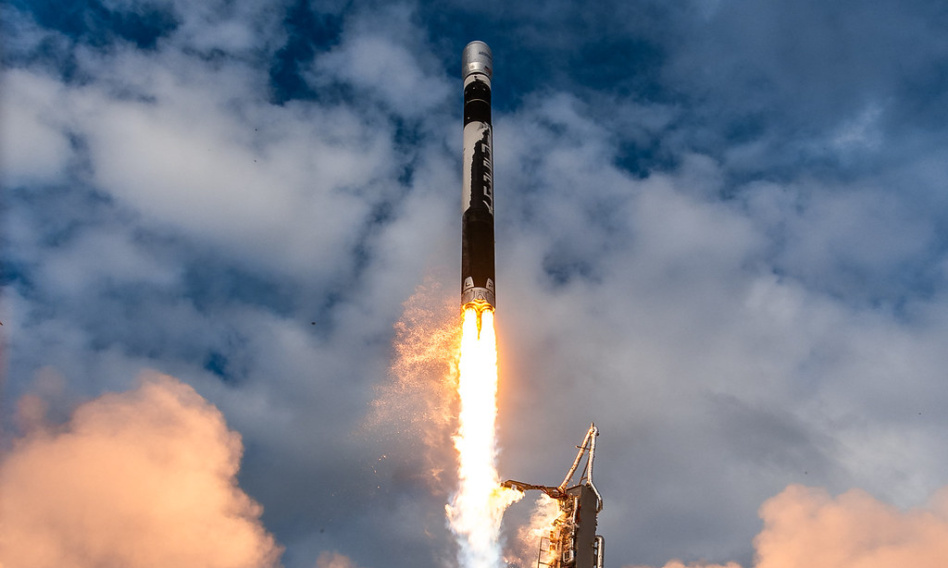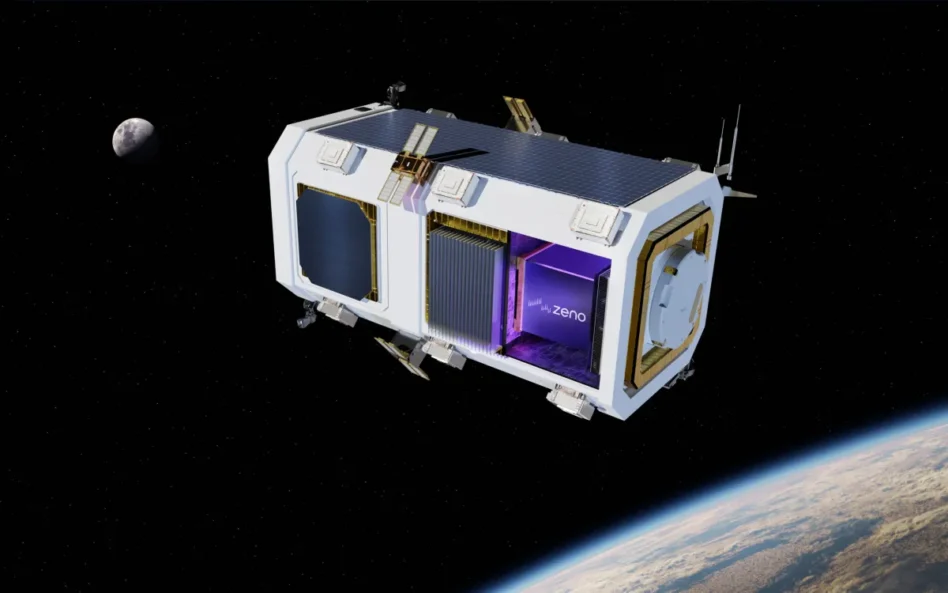Small launcher Firefly joined a small club on Thursday, when the NRO approved the startup’s Alpha rocket to compete for launch spy satellites under the ten-year, $700M Streamlined Launch Indefinite Delivery/Indefinite Quantity Contract (SLIC).
It has plenty of competition. Among others, the NRO contract has on-boarded Rocket Lab’s Electron rocket, SpaceX’s Falcon variants, and Northrop Grumman’s rarely flown Minotaur and Pegasus rockets; United Launch Alliance’s Vulcan rocket is likely to be certified as well. Virgin Orbit was a provider in the program, but SLIC’s first and only task order turned out to be Virgin’s last launch attempt, a January 2023 failure that teed up the company’s bankruptcy later in the year.
Alpha’s adventures: The vehicle, designed to lift a metric ton of payload to LEO, flew successfully for the first time in September during a DOD mission to demonstrate satellite launch on short notice. Another launch in December delivered a Lockheed Martin demonstration payload to an incorrect orbit, but it still generated useful data. The vehicle is gearing up for a busy 2024, with a NASA cubesat mission and a demo mission for the NRO expected in the first half of the year.
Speed test: Responsive launch is a top priority for the NRO and the broader military and intelligence organizations who might need to quickly launch a spacecraft during a conflict.
That’s where Firefly and Rocket Lab can compete with SpaceX—though the larger Falcon rockets are cheaper on a per kilogram basis, the company’s crowded manifest makes it unlikely to fly a mission on a few days’ notice. But Firefly’s 2023 demo saw it integrate and fly a spacecraft in 27 hours, while Rocket Lab says it can do the same in 24 hours.





